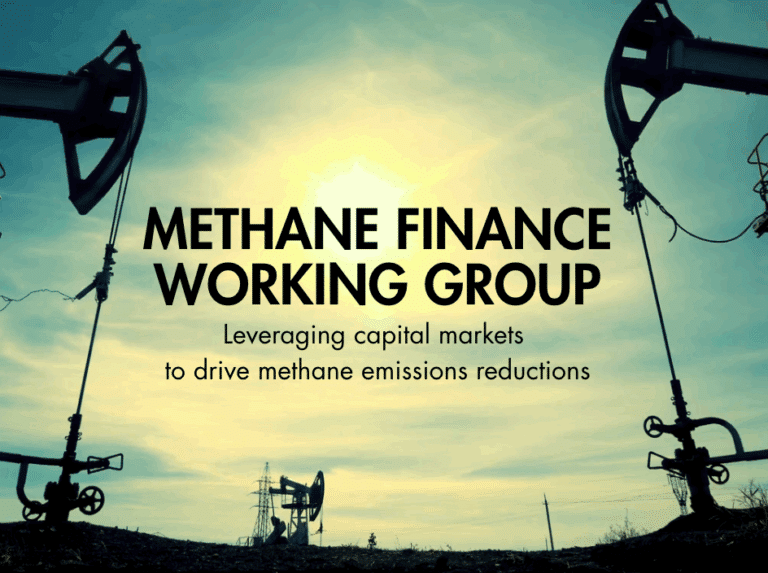Could a strategic lithium reserve kickstart US supply chain development?
NEW YORK -- A strategic lithium reserve is being mooted as a solution to stabilize volatile prices that have hindered American mining projects, allowi
Current Access Level “I” – ID Only: CUID holders, alumni, and approved guests only
Explore independent and nonpartisan research that meets the high standards of academic integrity at Columbia University.
Trump’s latest proposal would cede the United States’ AI advantage.

Without transatlantic alignment, we risk forfeiting the very advantages our alliance was built to protect.

As the US and Europe navigate a difficult and uneven shift toward full battery electric vehicles (BEVs), the US and EU auto markets are under heavy pressure.


This report explores how residents of North Lawndale, a predominantly Black and historically under-resourced neighborhood on Chicago’s West Side, experience the compounded effects of heat waves and power outages.

The report outlines five foundational choices if a stockpiling strategy is adopted, as bipartisan support suggests is possible.

Human-caused methane emissions have contributed to at least one quarter of global warming since the preindustrial era. Since methane is 80 times more potent than carbon dioxide (CO2) in trapping heat over the first two decades after its release, abating methane is considered a critical near-term strategy for reducing emissions.[

Lithium plays a critical role in the global energy transition. It is the core ingredient of lithium-ion batteries that power electric vehicles (EVs) and are used in stationary energy storage systems.

The report presents insights on Oklahoma’s economic resilience strategies, relevant policies, and proposed program enhancements based on a set of interviews with key stakeholders.

Rapidly reducing greenhouse gas emissions from fossil fuels to address the severe threats of climate change requires economic transformations that pose challenges for regions heavily dependent on coal, oil, natural gas, or other carbon-intensive industries.

Nuclear power is being weighed in energy transition plans around the world, as countries seek to replace fossil fuels with low-carbon alternatives while also meeting growing energy demand and maintaining reliability and affordability.

This report explores financial policy instruments that can make first-of-a-kind (FOAK) near-zero emission industrial facilities viable.

While the United States (US) has facilities that can and do dispose of most low-level nuclear waste (LLW), it does not yet have a viable disposal pathway for two categories of waste: so-called greater-than-class-c (GTCC) nuclear waste, and nuclear waste with characteristics similar to it, or “GTCC-like.”

The majority of US states use a renewable portfolio standard (RPS) to achieve clean energy targets. RPS programs typically set annual clean energy production levels, but they ignore the significant variations in greenhouse gas (GHG) emissions intensity of the grid at different times of the day and at different locations.
